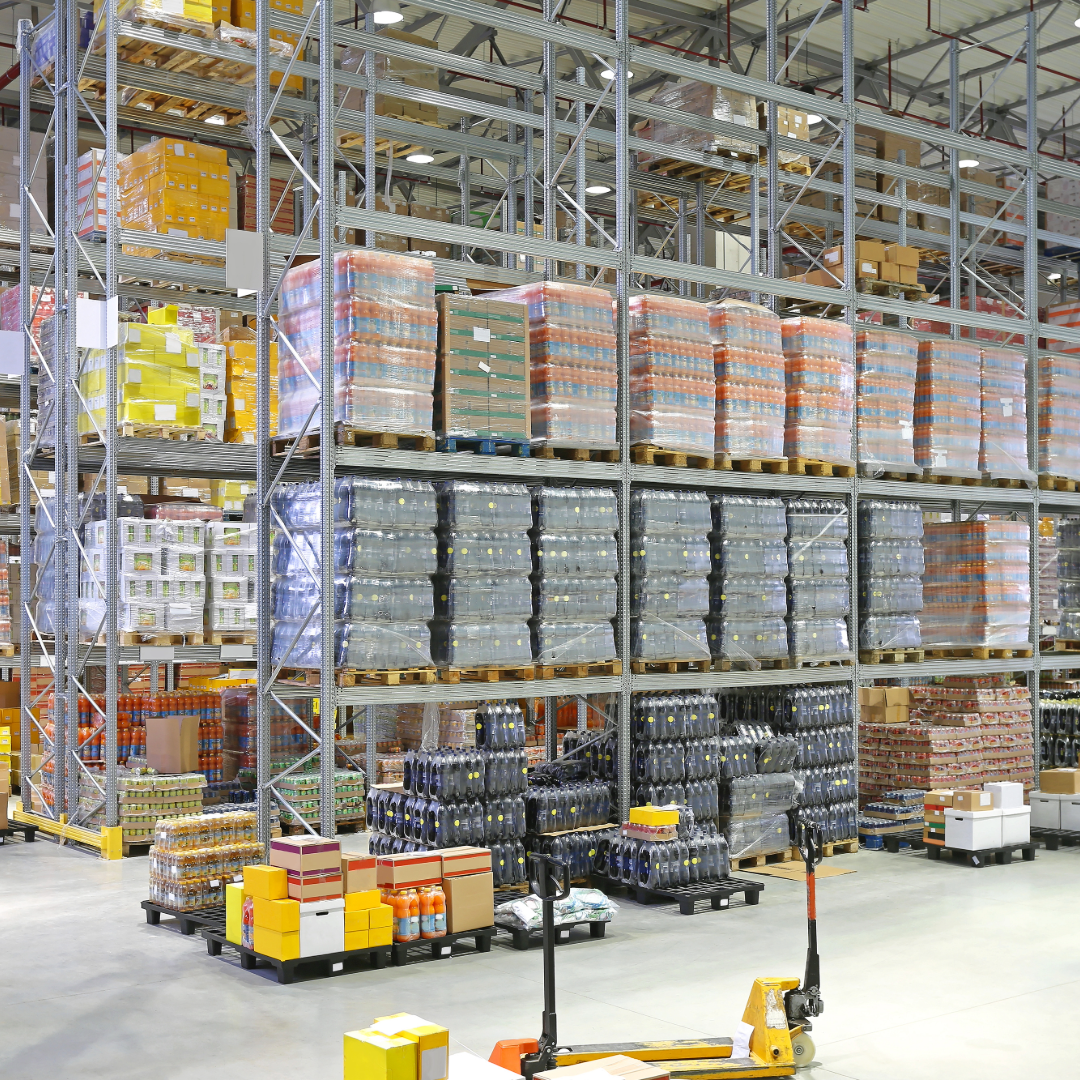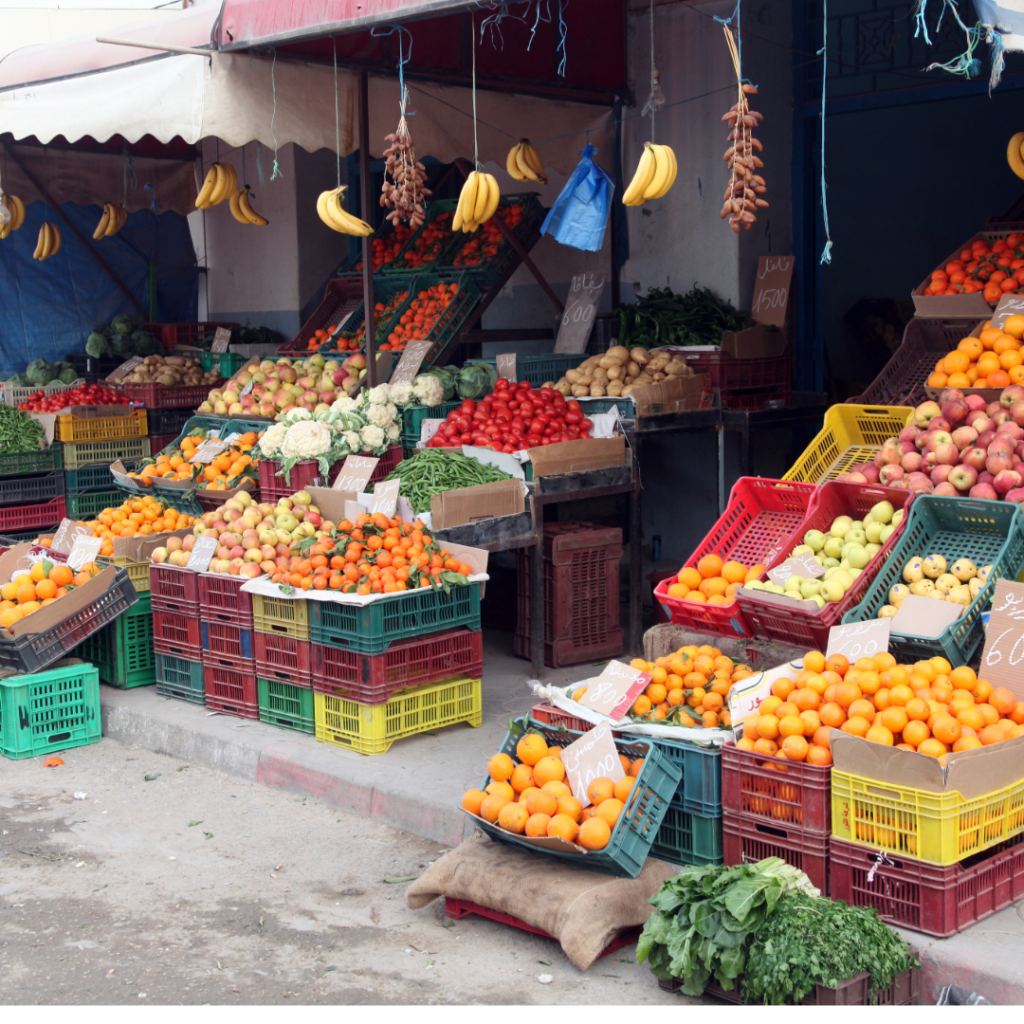
Exploring the Wholesale Market in India: A Vital Economic Backbone
India’s wholesale markets are an integral part of its economic landscape, playing a crucial role in the distribution and pricing of goods across the country. These markets, often bustling with activity, serve as the primary hubs for trading a wide array of products, including agricultural produce, textiles, electronics, and more. From small towns to large cities, wholesale markets are the backbone of India’s supply chain, ensuring that goods move efficiently from producers to consumers.


Key Wholesale Markets in India
India is home to several prominent wholesale markets, each known for its specialization in particular types of goods:
Wholesale Market in india
Coshoom
- Azadpur Mandi, Delhi: One of Asia’s largest wholesale markets for fruits and vegetables, Azadpur Mandi is a crucial supplier to Northern India. It operates on a massive scale, dealing in thousands of tons of produce daily.
- APMC Market, Mumbai: The Agricultural Produce Market Committee (APMC) Market in Mumbai is renowned for its vast array of agricultural products, especially grains, spices, and pulses. It serves as a major hub for the western part of the country.
- Chickpet Market, Bangalore: Known for textiles, this market is a go-to destination for sarees, fabrics, and clothing materials, attracting traders from across the southern region.
The Role of Wholesale Markets
Wholesale markets in India play a significant role in price stabilization and supply chain efficiency. By acting as intermediaries between producers and retailers, these markets help in reducing the supply chain length, thus lowering the costs for end consumers. They also ensure a consistent supply of goods, which is critical for maintaining market stability.

Moreover, these markets provide a livelihood for millions of traders, transporters, and workers who depend on the continuous flow of goods. They are also instrumental in driving the local economy, particularly in regions where agriculture or textile production is a primary occupation.

Challenges and Opportunities
Despite their importance, wholesale markets in India face several challenges, including infrastructure issues, fluctuating demand, and competition from emerging retail chains and e-commerce platforms. The lack of modernization in many markets results in inefficiencies that can lead to wastage, especially in the case of perishable goods.
However, the digital revolution presents significant opportunities for these markets. Online wholesale platforms are emerging, allowing traders to connect with buyers across the country, thus expanding their reach and improving efficiency. The integration of technology can help streamline operations, reduce waste, and ensure better pricing for both producers and consumers.

The Future of Wholesale Markets in India
The future of India’s wholesale markets lies in balancing tradition with innovation. While these markets have long been the backbone of India’s supply chain, they must adapt to changing consumer preferences and technological advancements. With government support and private investment, there is potential for these markets to become more organized, efficient, and sustainable.
